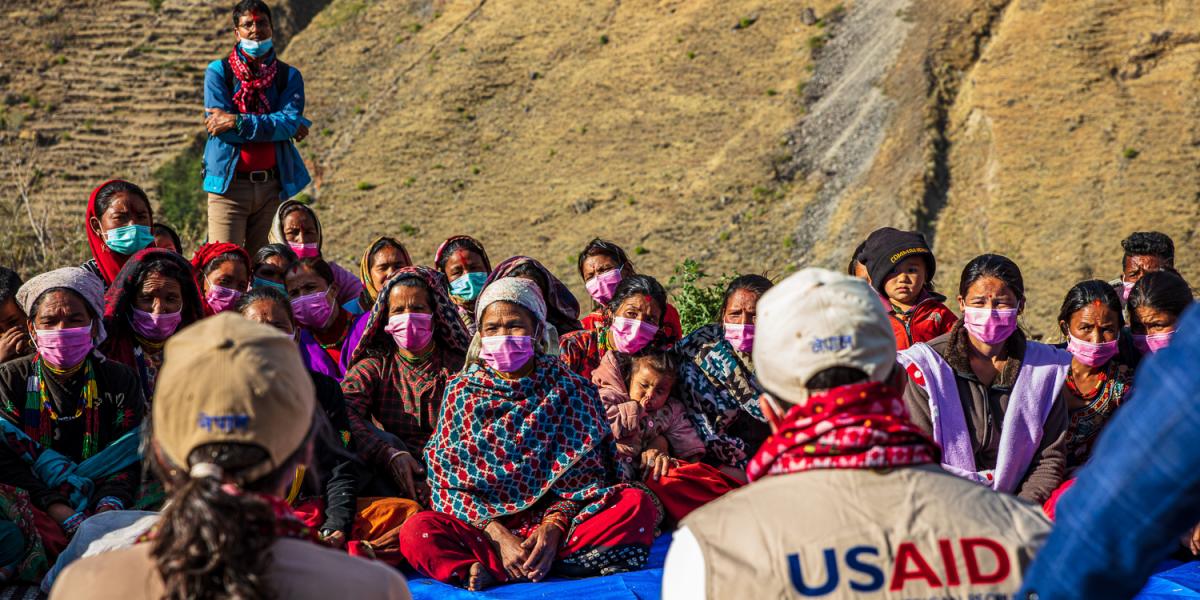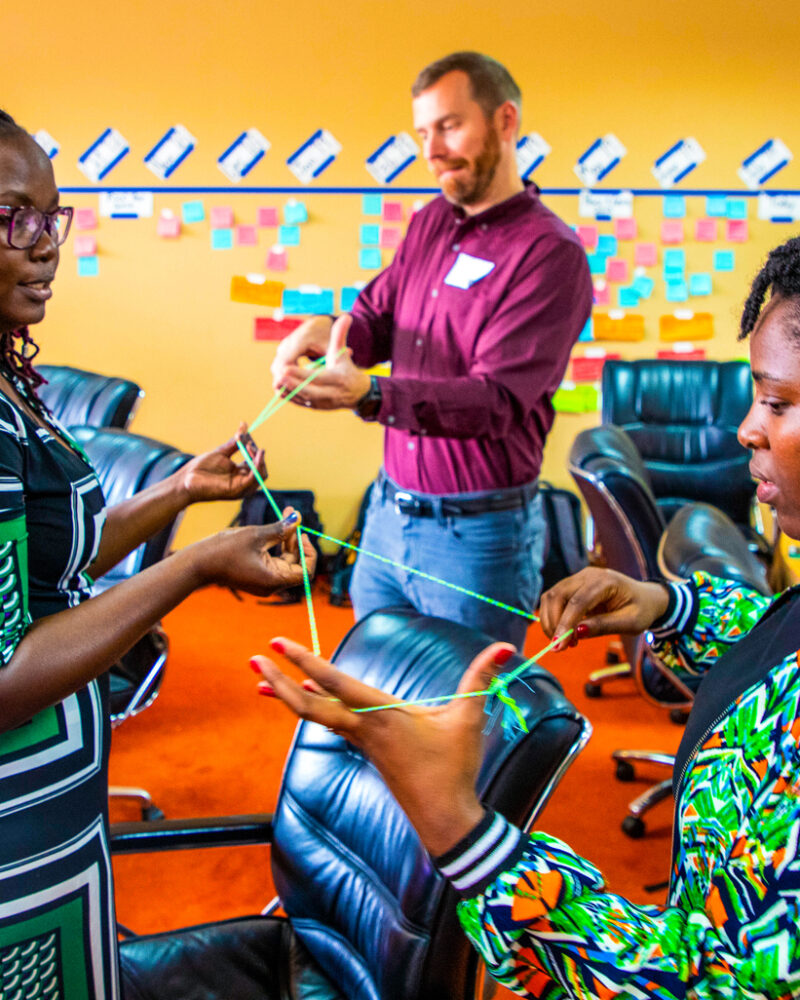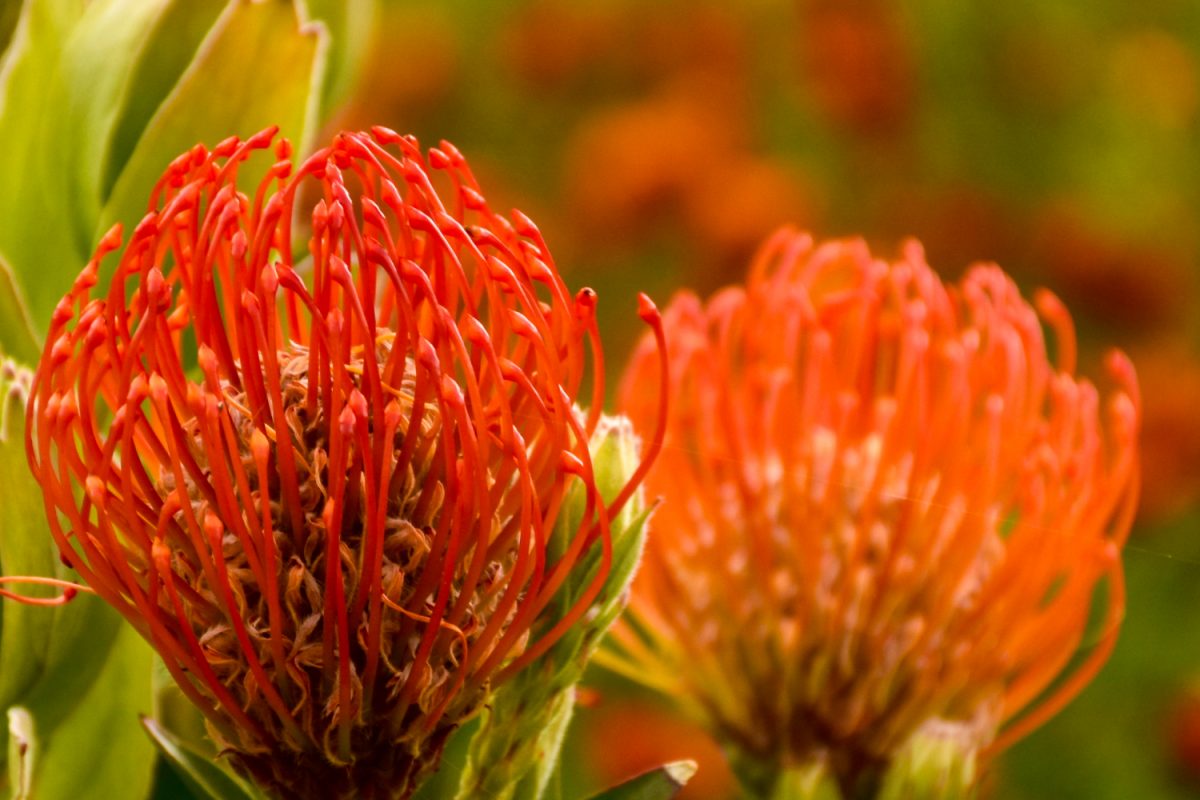This blog was first published on USAID’s Learning Lab.
A cornerstone of USAID’s 2023 Gender Equality and Women’s Empowerment Policy is that, “Investing in gender equality and women’s empowerment can unlock human potential on a transformational scale and drive sustainable development.” As we celebrate International Women’s Day on March 8, we also celebrate gender inclusive development as effective development. The evidence shows that applying an equity and gender lens to development programming helps deliver stronger outcomes for all the people we serve.
The latest report in this body of evidence is the new USAID COVID-19 Inequality and Unintended Outcomes Assessment. This report analyzes the outcomes of USAID’s COVID-19 response on marginalized and underrepresented groups across 16 activities in six countries (Libya, Nepal, Nigeria, Peru, Rwanda, and Zimbabwe). The report also provides recommendations on how the Agency can continue to prioritize gender and inclusive development during future crises. Drawing from this assessment, we have identified the following lessons around gender equality and inclusive development and adaptive management. For more, check out the full report.
Importance of Gender Equality and Inclusive Development
Emphasis on gender equality and inclusive development principles in activity design and early implementation was a key enabler of inclusive development during COVID-19. Activities that prioritize inclusion of diverse stakeholders and members of marginalized groups (such as LGBTQI+ people, people with disabilities, youth, among others) during design and implementation are better able to understand and adapt to the unique needs of these groups in a crisis. The assessment’s findings reinforce the importance of gender equality and social inclusion throughout USAID’s Program Cycle.
Building in Flexibility Allows Programs to Thrive
With a focus on the Agency’s response to the COVID-19 pandemic, the report underscores the role of flexibility in allowing for the expansion and continuation of programs. In the context of promoting gender equality and inclusive development, USAID’s flexibility with technology, funding, and program adaptations enabled activities to more responsively address the emerging challenges that marginalized or underrepresented groups, including women, faced.
Using Evidence for Decision Making Helps USAID and its Partners Address Complex Issues
With actionable evidence such as comprehensive gender equality and inclusive development analyses and findings from research—like the COVID-19 Inequalities and Unintended Outcomes Assessment—USAID and its implementing partners can find clarity in a complex system and enable decision makers to make impactful, lasting changes to advance important causes.
Ultimately, findings and recommendations from evidence building activities, such as the USAID COVID-19 Inequalities and Unintended Outcomes Assessment, show the importance of centering women, girls, and other marginalized and underrepresented groups in our analysis and reflection. By generating actionable evidence, we help pave the way for current and future programming that responds to their needs—reinforcing UN Women’s 2024 call to invest in women and accelerate progress this International Women’s Day.
For more information on inclusive development consult these USAID resources:
- USAID 2023 Gender Equality and Women’s Empowerment Policy
- Additional Help for ADS 201: Inclusive Development
- USAID LGBTQI+ Inclusive Development Policy
- Policy on Promoting the Rights of Indigenous Peoples (PRO-IP)
- 1997 USAID Disability Policy (update in process)
- U.S. Government Strategy on Advancing Protection and Care for Children in Adversity
- Youth in Development Policy
- Racial and Ethnic Equity Initiative
Lead photo by USAID/Nepal.



